
Thursday is the New Friday
How to Work Fewer Hours, Make More Money, and Spend Time Doing What You Want
Recommendation
The five-day workweek is a social construct – but one that’s firmly entrenched in the collective psyche. This remnant of a bygone era is ripe for change, argues mental health professional Joe Sanok. He contends that by taking control of your schedule and adapting how you spend your time to better match how your brain works, you’ll be more productive and less stressed. Sanok offers a history of the standard five-day, 40-hour workweek and explains why it’s a recipe for burnout. He provides specific tools and tactics to work more effectively and, in so doing, to enjoy a happier, healthier life.
Summary
About the Author
Joe Sanok is a mental health professional and the host of The Practice of the Practice podcast. He is the founder of Slow Down School and Killin’ It Camp, as well as a business consultant and speaker.








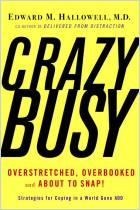
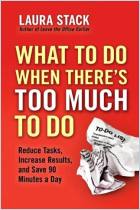
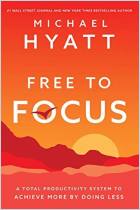
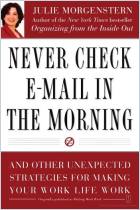
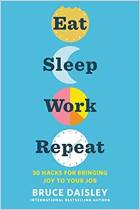
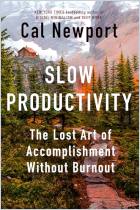



Comment on this summary